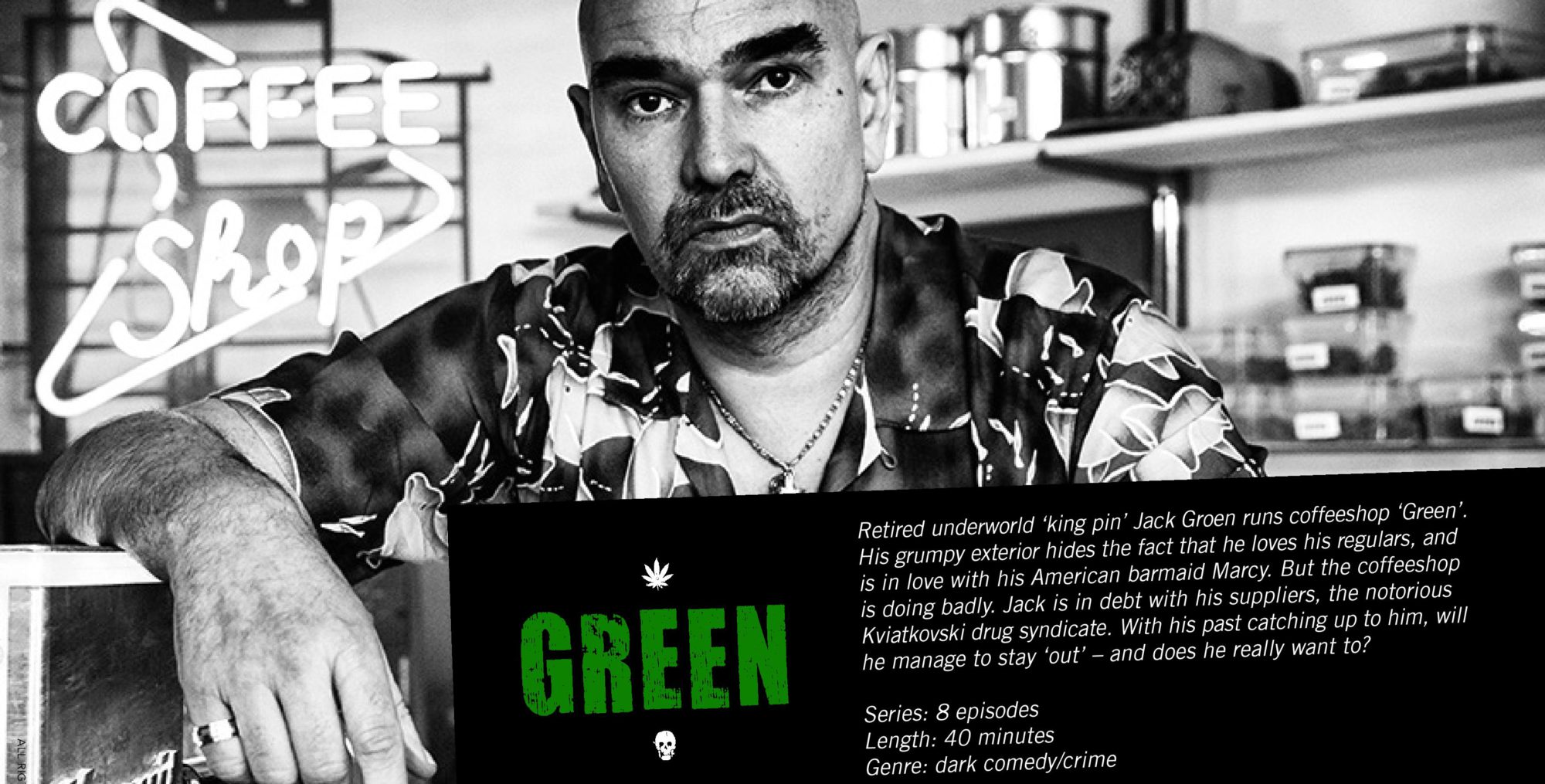“Teuntje” – zoals verschenen in Psychologie Magazine juni 2014
Friesland, Aline stuurt de boot, ik sta klaar met een lijn om aan te leggen. De zon schijnt, Aline is zwanger, we zijn een half jaar getrouwd. We zijn leuk, gelukkig, zondagskinderen. Ons kind op komst, met als werknaam “Teuntje” zal delen in ons geluk. Dat weten we.
Later, de combinatietest. We verheugen ons erop Teuntje weer te zien. De echo duurt eindeloos, de echoscopiste wordt ongemakkelijk, Aline moet een rondje lopen en een glas water drinken. Op de TL verlichte gang, vol geboortekaartjes, staan we. Aline spreekt: als het mis is, moeten we zwangerschap dan beëindigen? Ik ben stellig: ja.
De nekplooi-meting wijst uit dat er hoogstwaarschijnlijk sprake is van chromosoom-afwijking. We zijn verslagen.
Thuis leest Aline allerlei blogposts over hoe de combinatietest niet altijd klopt. Ik denk in stilte: de experts hebben gesproken.
We spreken een serie op elkaar lijkende artsen. Aline wordt moe van het empathische gedoe, ze wil antwoorden, hoe kan dit? Ik neem het voor de artsen op, dat valt slecht bij haar. Zij ondergaat een punctie, een grote naald door haar buik geprikt. Ik val bijna flauw, zij niet.
We zitten thuis op de bank, op de salontafel een paar baby Uggs. We krijgen ruzie, omdat ik er niet over kan praten.
De definitieve uitslag volgt. Teuntje, nu 15 weken, heeft Downsyndroom, en wellicht nog andere gebreken. De artsen raden voorzichtig aan de zwangerschap af te breken. Ik kan het niet aan een ernstig gehandicapt kind te hebben, Aline vindt het met name vreselijk voor het kind….we gaan de zwangerschap afbreken. Zij huilt, ik voel leegte.
Aline koopt een mandje voor Teuntje en knipt van kleurrijk karton hartjes en bloemen om erin te stoppen. Als zij niet kijkt pak ik het mandje, het is voor mij een wezensvreemd voorwerp. Hoe kan je om een kindje rouwen waar je zelf het leven van beëindigt?
Op de natale afdeling van het. Het huilen van baby’s schalt over de groene gangen. Bij Aline worden tabletten ingebracht om de miskraam op te wekken, ze is in tranen. Ik pak haar hand. Niets wat ik heb meegemaakt heeft mij hiervoor klaargemaakt.
Het wachten begint. Samen kijken we TV, we volgen de Olympische spelen als behekst.
Aline heeft pijnlijke weeën en krijgt morfine. We vallen stil, in tegenstelling tot de verpleegsters en artsen – die zijn vriendelijk en professioneel. De klok tikt maar door, en Aline mompelt wartaal en is ondanks de pijnstilling bang. Ik voel mij een soort meubelstuk.
De geboorte begint, het water breekt, Aline wordt wat helderder en bijna opgewekt. Tot mijn eigen verbazing, ondanks mijn bloedvrees, weet ik de verpleegster te helpen. Teuntje past in een handpalm. Ik neem een aantal foto’s. We leggen hem in zijn mandje en nemen afscheid, hij zal worden gecremeerd. Met het mandje in handen bewonder ik Aline dat zij deze voorbereiding op zich heeft genomen.
We staan buiten het ziekenhuis, de zon schijnt. Mensen lopen voorbij, het is net als elke dag. Alleen wij zijn anders, zondagskinderen af.


